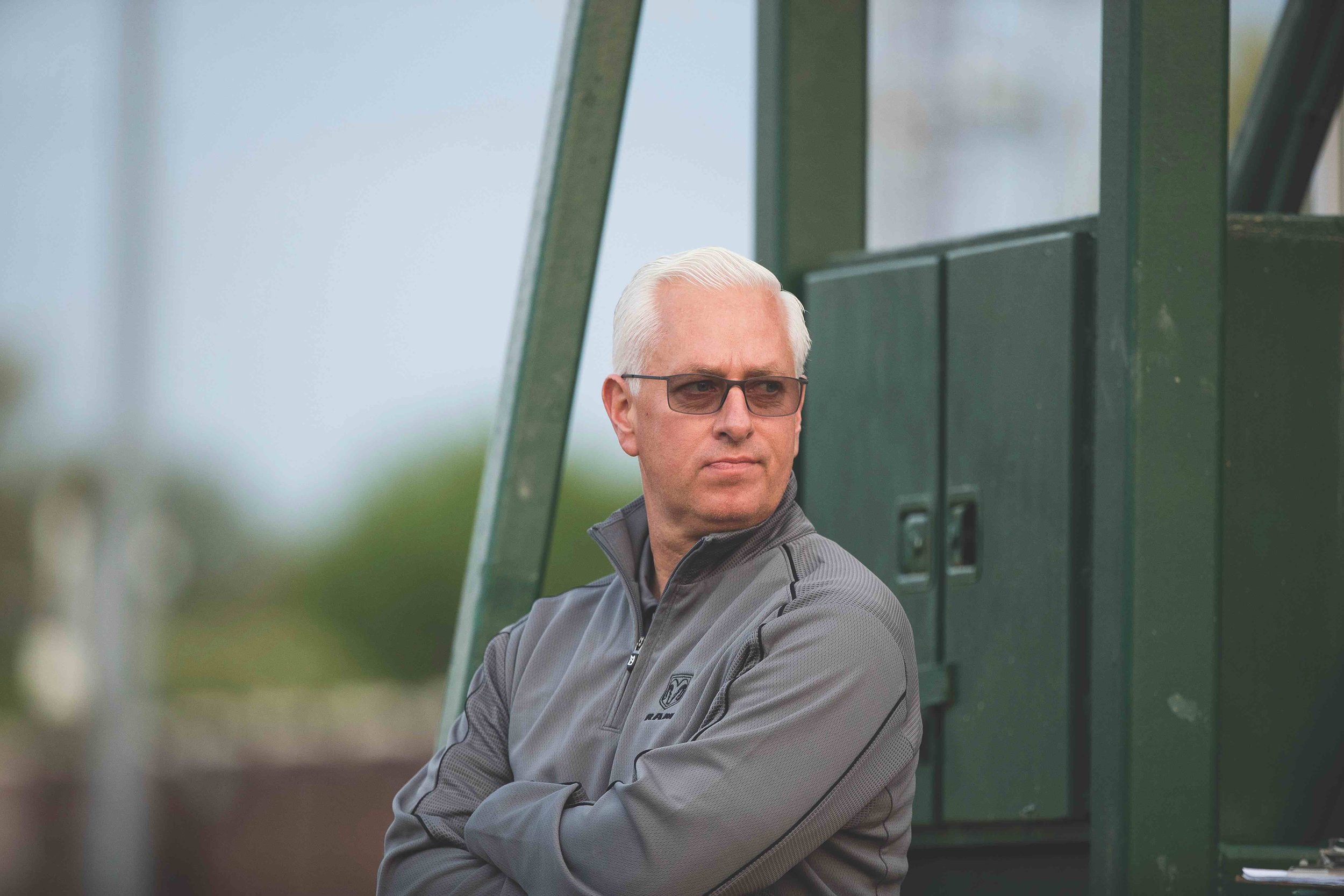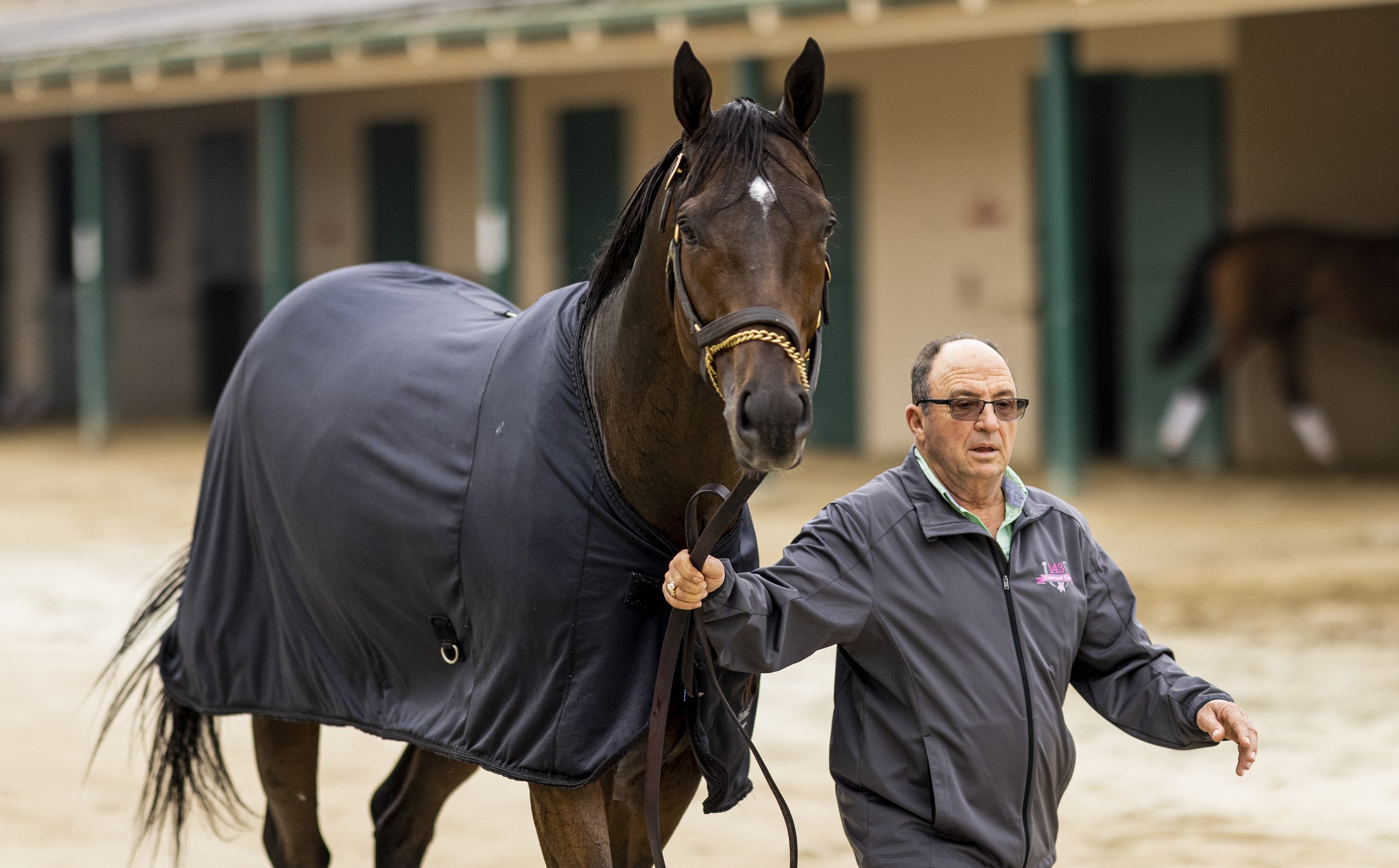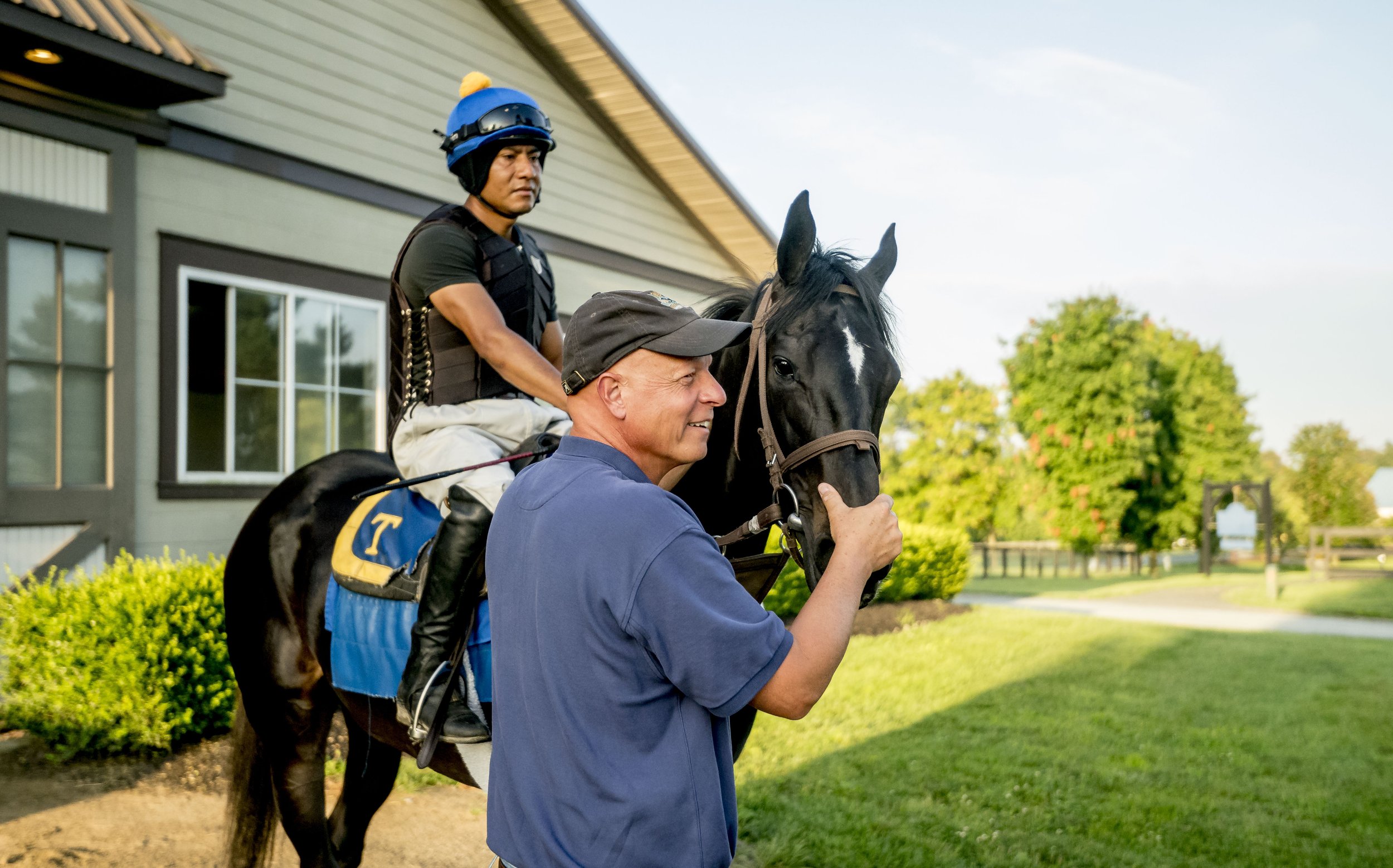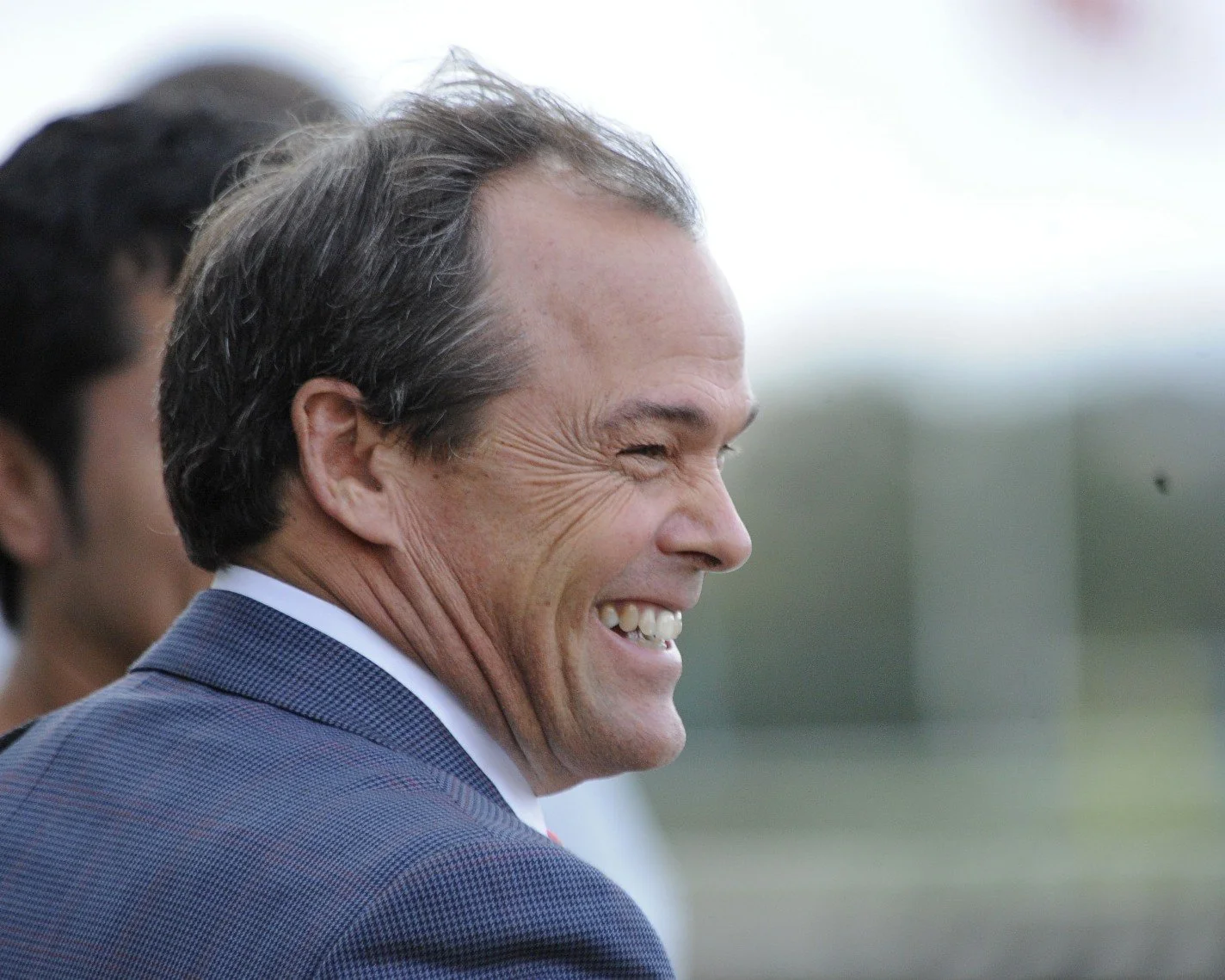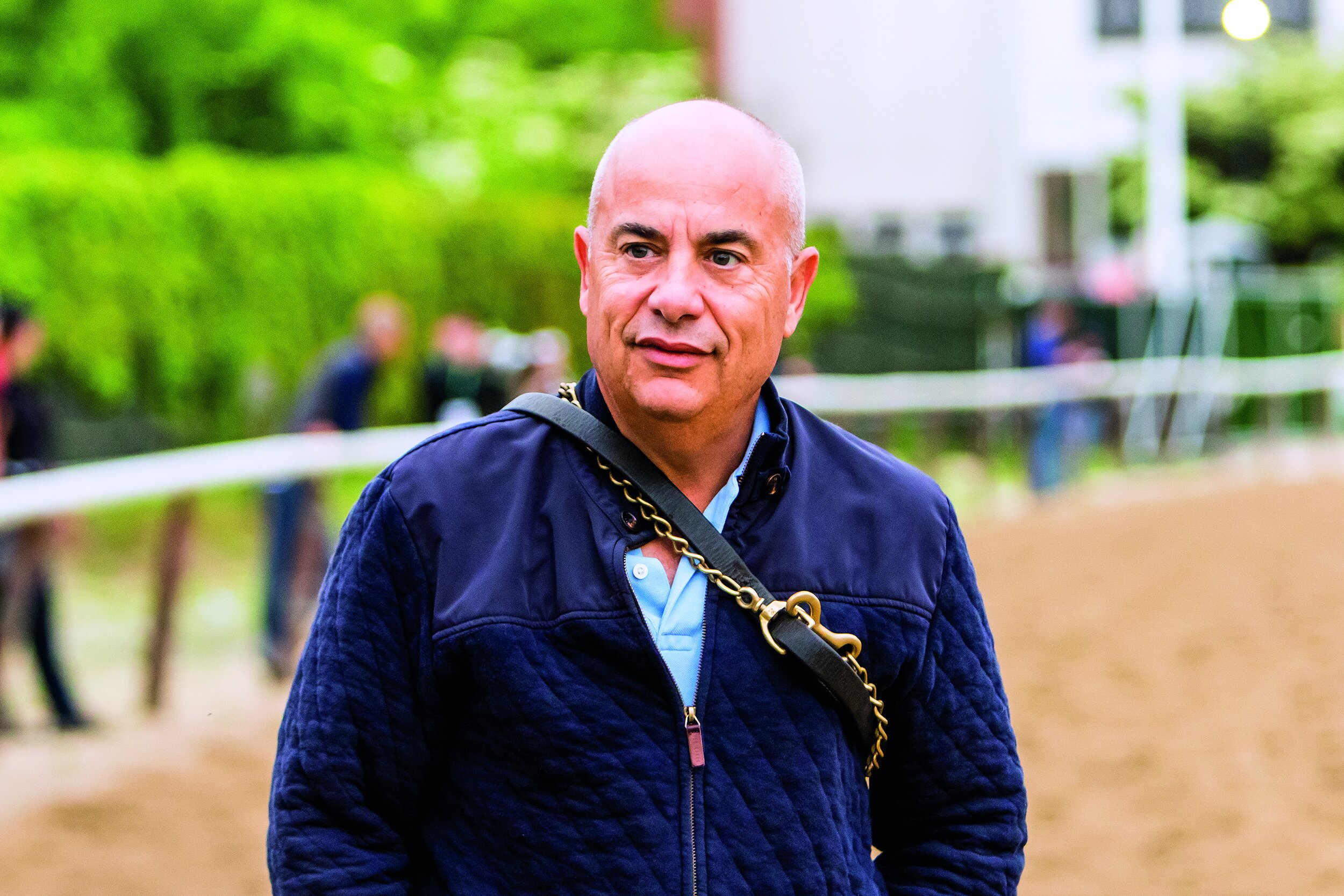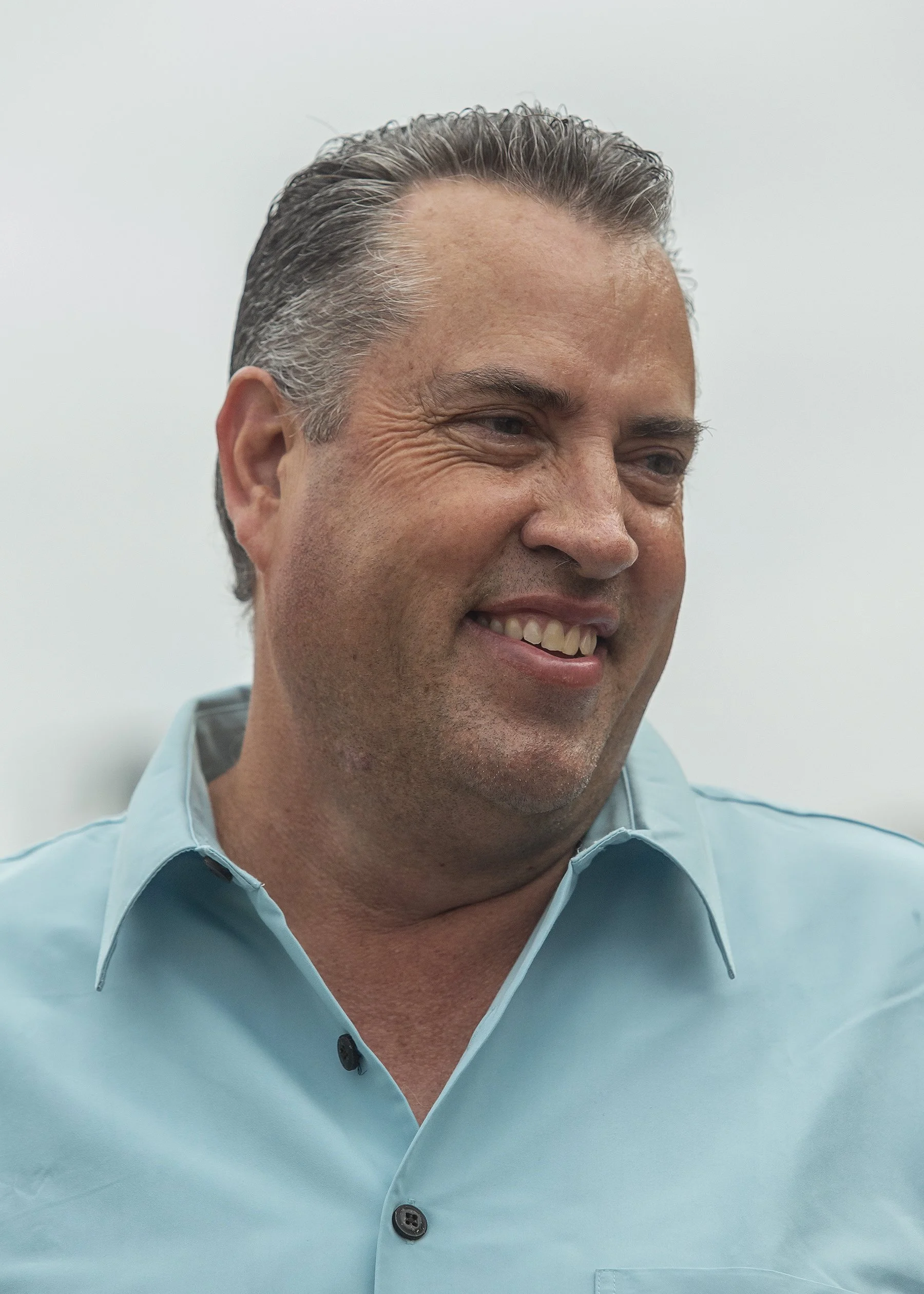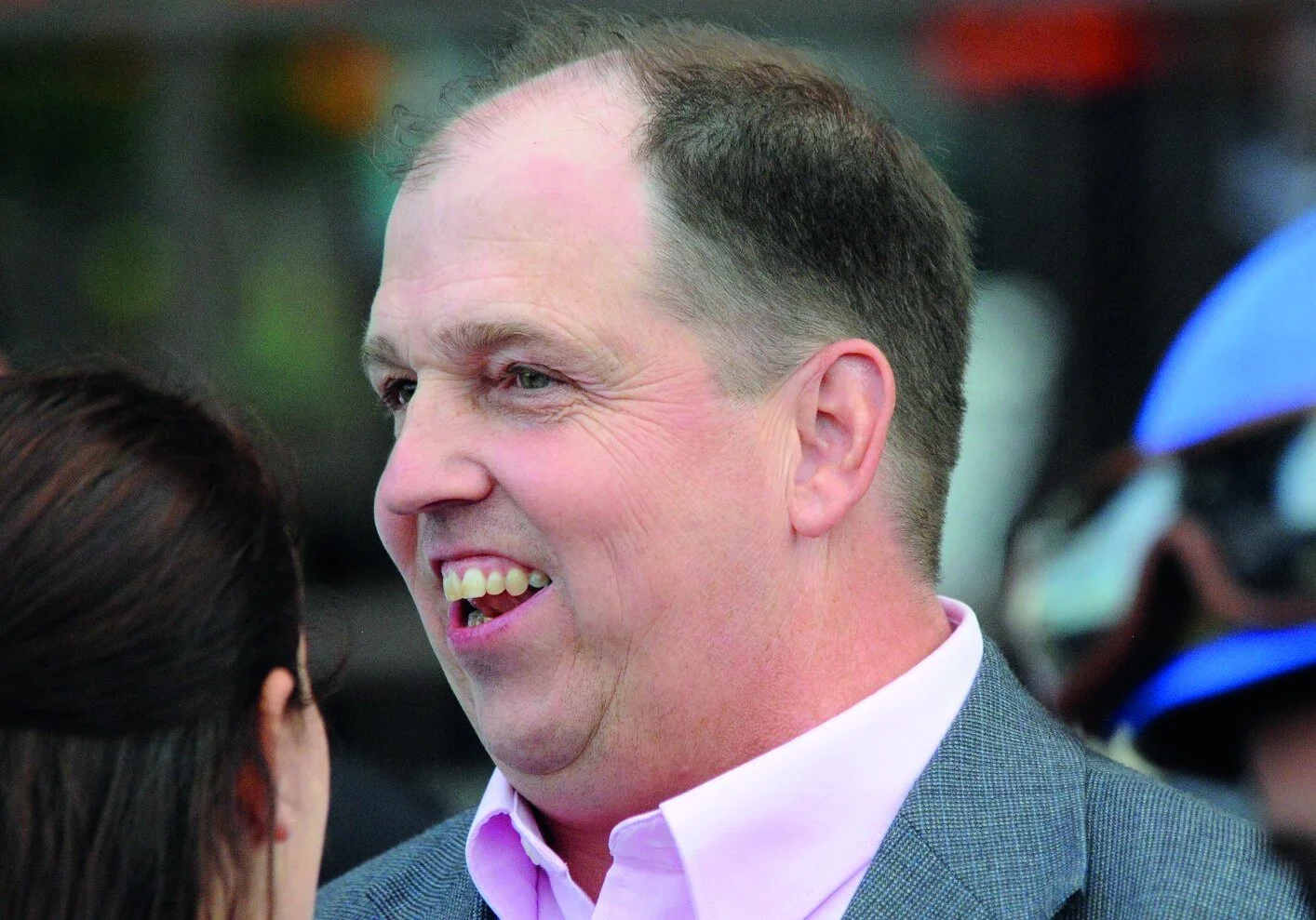#Soundbites - Why are the average number of starts and field size declining annually?
Article by Bill Heller
The 2024 Jockey Club Fact Book showed that the average field size run in 2023 races was 7.40, down from 7.59. Thoroughbreds’ average number of starts also dipped from 6.01 to 5.87. Back in 1990, the average field size was 8.91 and the average number of starts 7.94. Why are the average number of starts and field size declining annually?
Todd Pletcher
I think the number starts, in a lot of cases, is management. I think over the years trainers have become more conservative about how many starts horses have with more time between races. More rules about when you can train your horses may be a factor. And the foal crop is having an absolute impact.
Dale Romans
That’s a good question. It’s above my pay grade. I’d say the reduction in foals every year. Also, it’s a lot more difficult to run a horse. More horses are scratched by veterinarians.
Barclay Tagg
The horses just aren’t as hardy as they used to be. Justify, he ran six times and he’s one of the leading sires in the country. And he didn’t start until his three-year-old season. You can’t do basic therapy anymore. These horses are athletes and you need to take care of them. You’ve got to be able to train your horses. They make it really hard. You can’t pinfire your horses’ shins. You can’t blister a horse any more. Horses don’t even feel that. It’s about the calmest thing you can do. They’ve got the wrong people making these decisions.
Wayne Catalano
It’s very simple. The foal crop has been down for a long time. It should be 40,000 (In 1990, it was 40,333; last year an estimated 17,200). Obviously, it’s going to catch up with us. Also, you’ve got the new ruling body. It’s a different game these days. You have people coming up that don’t know how to take care of horses.
Brian Lynch
Is it the foal crop? That would be my answer to that. There’s always concern that the tracks haven’t been the best. There have been more breakdowns than I’ve ever seen. More to the point, it’s the foal crop.
Mark Casse
I think it’s pretty simple. I run over a thousand starts a year. I have to enter over 3,500 times to do that. I would have 50 percent more starts if there were races for me. That tells you. I’m lucky because we have options. I can look at different tracks. But I can have 15 horses in my barn with no races for them.
When I first started, they didn’t publish every trainer’s statistics. They’re all worried about their percentages. Their horses stay in the barn.
The other thing, in my opinion, the state programs have really hurt, and I’ll tell you why. Fifteen, maybe 20 years ago, I went to California, I never got a long maiden long race. The Cal-bred horses did. That’s another factor.
Ron Ellis
The truth is with HISA coming in and veterinary restrictions, we can’t run the horses as often as we used to. All the restrictions and all the veterinary requirements, including expensive scans we’re under now, are certainly one of the reasons. We have a lot more restrictions.
Karl Broberg
Golly, where do you begin? I was looking at the Fact Book last night, and what I was most concerned with was looking at foal crops by region. I began shaking my head. Every region is down. In the future, there’s only going to be racing in Kentucky and New York. It’s returning to the sport of kings. I think what’s missed, due to the economics, is that people are giving up on horses much quicker. That’s a huge factor. Also, there are fewer opportunities.
Tom Proctor
Wow. You would need more than a sound bite. I’d be forever telling you why. I don’t have a say in how this business goes. There are people who win a zillion races and their opinions don’t matter.
#Soundbites - how can trainers improve racing's public perception / image?
Article by Bill Heller
Bruce Levine
Can you ask an easier question? The only thing I can say is, if more people came out in the morning to see a horse train, you’d get a better handle and feel on how fragile the horses are. When you run horses, injuries are going to happen. You watch football players, they don’t put them down, but they cart them off. Horses’ ankles are so much smaller. It’s a fact of life.
D. Wayne Lukas
I think that they should probably interact more with the general betting public and the fan base, and let the general betting public and fanbase know there are some real sound people training. Let them get to know personalities.
Richard Mandella
I would say that you have to deal with the public when you have a chance to, to explain what we do. Be as open as possible so we don’t keep training a secret, so that the public can appreciate what we do. It’s a very important question because we need to do everything we can to gain respect for the sport that we seem to be losing.
Mark Hennig
Do things the right way would be one thing. I think there’s a lot of negativity, especially in social media, but there are positives, too. Trainers can explain what goes on every day. We have so much love and care and admiration that goes into these horses. I don’t know if we do a good job getting that message out.
Mike Stidham
I think the most important thing is every trainer taking responsibility for his job to do the very best they can to keep the horses safe and healthy. Always do the right thing. Keep the horse first. Make the horse the priority. Because I think when you’re out in the public with people who don't know racing, they worry about horses dying. They see horses die. As trainers we don’t have total control over that, but we can make a difference by doing the right thing for the horses, giving them the benefit of the doubt. To me, that’s the most important thing.
Mike Trombetta
You know, obviously that’s a good question. I think the answer to that is of all the things that happen in racing, the good majority are upbeat stories. In our world, too much emphasis is on the negative. Just watch the news. It’s horrible to watch. If something bad happens, you hear about it five minutes later. With racing, there’s a million good stories we never hear about. It’s not talked about quite enough. Perception is reality.
Tim Hills
Be more accessible to the people at the races and the media. We’re always full disclosure. We’re not hiding anything. We love what we do and we want to share it with anyone who wants to know.
#Soundbites - if you ran racing, what would you do?
Article by Bill Heller
Kenny McPeek
Kenny McPeek
I’d make it easier for fans to watch. I just think it’s very difficult. You have to open an account or have a credit card or get a satellite dish. The restrictions are constricting our ability to grow the sport. If you don’t live in one of 38 racing starts, [you] can’t open an ADW account. We make it too difficult for the fans.
Tom Amoss
Wow. I would make mandatory, random blood testing for all stables and barns; and I would do that immediately. What I’m saying is that the problem with racing today is we only test on race day. We’re not catching people who break the rules. We have to test the barns other days.
Kathleen O’Connell
Kathleen O’Connell
Stop the overkill with rules and regulations. Some of them don’t even make sense. The federal government stepped in. It’s too much. It needs to be more organized and organized by horse people. Say a horse ships in to me from another state. The racetrack wants the serial number for the vaccine from the other state. Some of these things are impossible. It’s just going to cause more trauma. The other thing is that licensing has become so difficult for owners. Fingerprints from every state. It puts a damper on things. My owners are not happy with the bookkeeping system. They’re chasing people from the business by putting a bad taste in their mouths. I would definitely change that.
Jamie Ness
That’s a tough one. Obviously, the horses come first. To me, the bettors and the owners are the people who put this sport on. These are the people we have to take care of. I think we’re regulating ourselves out of business—more rules, more rules, more hoops. And the people holding the bag are the owners and the trainers. I have a couple new owners. The license process is difficult. They can’t claim a horse if they haven’t run one. How do they get into the business?
John Servis
John Servis
Wow. I think I’d have to hit the lottery to afford doing everything I wanted to do. Random testing across the board. I think I would try to make it a little bit more friendly for the fans: less takeout, maybe some more gimmicks. They seem to be doing very well.
Al Stall
I would make adjustments according to the declining foal crop. It seems like horse populations are getting cannibalized by overlapping races and overlapping dates. It’s simple math. Twenty-five years ago, we had close to 30,000 foals; and now we’re below 20,000 roughly. That would help the horses, which is the most important thing; then the horsemen and owners.
Mitch Friedman
It’s a good question. I would listen to the horse people—ask trainers for their opinions more. Ask the trainers what you think of the track every day. I would give more input to people who are on the backside every day with the horses. More input for exercise riders, grooms, clockers and vets, every day. Then meet every week with management and have them discuss that.
#Soundbites - What would you do if you weren’t training Thoroughbreds?
By Bill Heller
Mike Trombetta
Mike Trombetta
That’s a heck of a good question. I’ve been doing this so long, I couldn’t tell you. I really don’t know. Construction and demolition, that would be an option. I did that for 15-20 years, but I was doing this at the same time, too. I like this a heck of a lot more.
John Kimmel
John Kimmel
There are two things besides horses I love: snow skiing and deep sea fishing. I’m in Utah, skiing right now. I’m not that far from retirement. I’ve been doing this for 40 plus years. When things tail off, if my business slows down, that’s what I would be doing.
Mark Casse
Mark Casse
I’ve thought about that many times. Probably real estate. I just think it’s a challenge, and the rewards are great. That’s what I would probably do.
Jeremiah Englehart
Jeremiah Englehart
Oh, wow! I’m not sure. I’ve been doing horses since I was so young; I always wanted to be a trainer. I guess I would like to do something with football. I’ve always had a passion for football, maybe coaching or working with kids. I’ve always been a fan in sports. I played sports in high school. That’s something I would like to do.
Craig Dollase
Craig Dollase
I’ve always wanted to pursue sports. I’m a big sports advocate. I’d go for something in the sports world, not physical—something to help people in the sports world. I have a cousin who was actually the trainer for the San Francisco 49ers. I had an in. I could have gone in that direction. But I went to work for my dad, and now I’m a trainer. It turned out pretty good.
Tony Dutrow
Tony Dutrow
You know, at 64, I’m so much still in love with horses and horse racing. There will never be anything else for me. But if I would have never done horse racing, I’d try my hand at real estate. Because that’s a challenge.
David Donk
David Donk
A good question. Later in life, what interests me is management—racing management. But I’m lucky to be doing something now I love.

